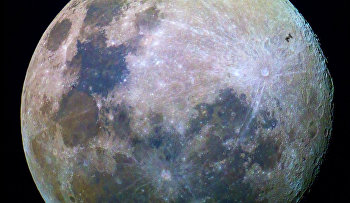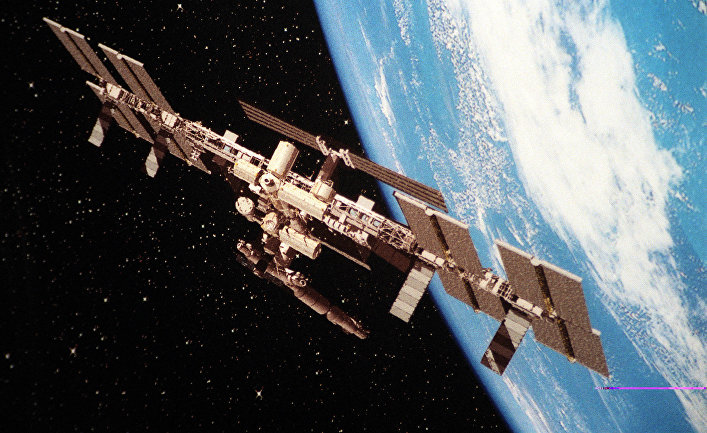Participation in the international space exploration is of great importance. However, in order to continue this program, it's necessary to examine the future of the International Space Station (ISS). The ISS operations are supposed to come to an end in 2020. Nevertheless the Japanese Government has accepted US's proposal to extend its participation in operations of the space program until 2024. Considering the use of accumulated space technologies, the knowledge and experience of human space flights, as well as Japan-US relations, the decision to participate in an extended program looks reasonable. However, the Japanese space program is often criticized for its low efficiency and high costs. The Government must not only try to reduce costs, but also articulate the aim of human space flights after the completion of the ISS operations.
#NASA announced #Japan will support #ISS until 2024 TDRS speaks one universal language #DATA https://t.co/AS9wZlvF73 pic.twitter.com/sDo2jnpff7
— NASA TDRS (@NASA_TDRS) December 23, 2015
15 countries, including Japan, the USA, and European countries are participating in the ISS program. The year before last, the United States called on to extend the program until 2024, which Canada and Russia have already accepted. The US and Japanese governments have reached an agreement on the cooperation of their astronauts on the Japanese Experiment Module "Kibo," which would also include the opportunity for the Asian and emerging countries to conduct scientific experiments. A small capsule for sending the experimental samples to Earth is also being developed.
China is also working on its own space station, calling for the Asian countries to participate in the program. The aim of the US/Japan agreement is to put pressure on China by bringing the emerging countries to the ISS program. The ISS activities has played an important role in strengthening international cooperation. The intentions of Japan and the US to use the Kibo module in the diplomatic field are understandable. Nevertheless, it still doesn't reduce the ISS price tag.

Japanese government spends 40 billion yen a year on the ISS projects. Total cost amounted to 900 billion yen. However, there are no significant results in the industrial field yet. Commenting on the Government administrative projects, the Minister for Administrative Reform Taro Kono noted that the time when Japanese were happy with their ISS flights has come to an end. Japan bears the cost of sending "Kounotori" cargo space truck to the ISS. Next year the Ministry of Education, Culture, Sports, Science and Technology will start developing an updated "Kounotori" version in order to reduce its costs up to 10 billion yen, which will cut down expenditure on space dramatically.
Originally Japan had no long-term strategy of sending astronauts into space. In the program developed last January, Japanese government paid special attention to the safety of space operations and the industrial use of space achievements. When it comes to participation in international space missions, the authorities confined themselves to saying "we are going to discuss this question carefully and in detail."
Japan’s commitment to #ISS thru 2024 sends message to next generation: we need to collaborate, dream & explore pic.twitter.com/LSLsMHm6BQ
— キャロライン・ケネディ駐日米国大使 (@CarolineKennedy) December 22, 2015
The US intends to use the ISS experience for its future missions to Mars. Russia is developing its flights to the Moon program. Japan will host an international space conference in 2017, where representatives of all these countries are to discuss the prospects for space exploration.
What is the real reason for space exploration? What will be Japan's role in this international cooperation? Japanese government should hold transparent discussions on this topic in order to gain its citizens' support.






